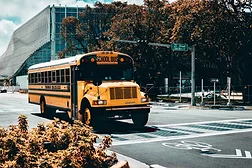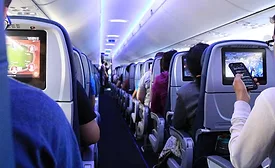Home » transportation security
Articles Tagged with ''transportation security''
The app protects people from security threats on public networks
Read More
5 minutes with
5 minutes with Lisa Sullivan: Transportation solutions and the preservation of PII
December 29, 2021
Sign-up to receive top management & result-driven techniques in the industry.
Join over 20,000+ industry leaders who receive our premium content.
SIGN UP TODAY!Copyright ©2026. All Rights Reserved BNP Media.
Design, CMS, Hosting & Web Development :: ePublishing









